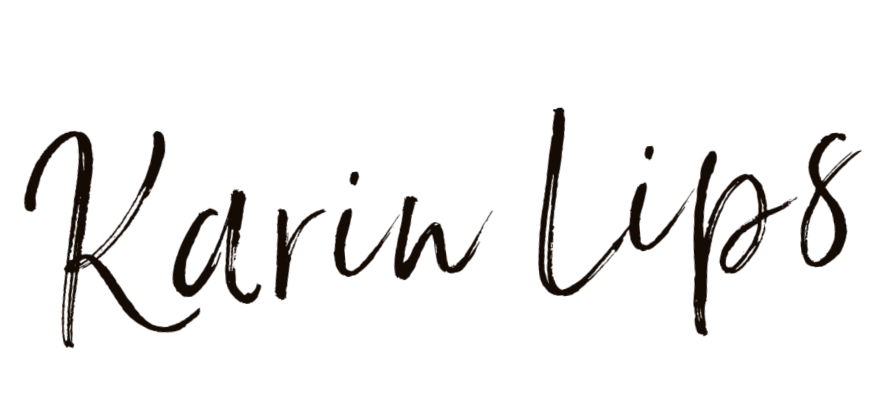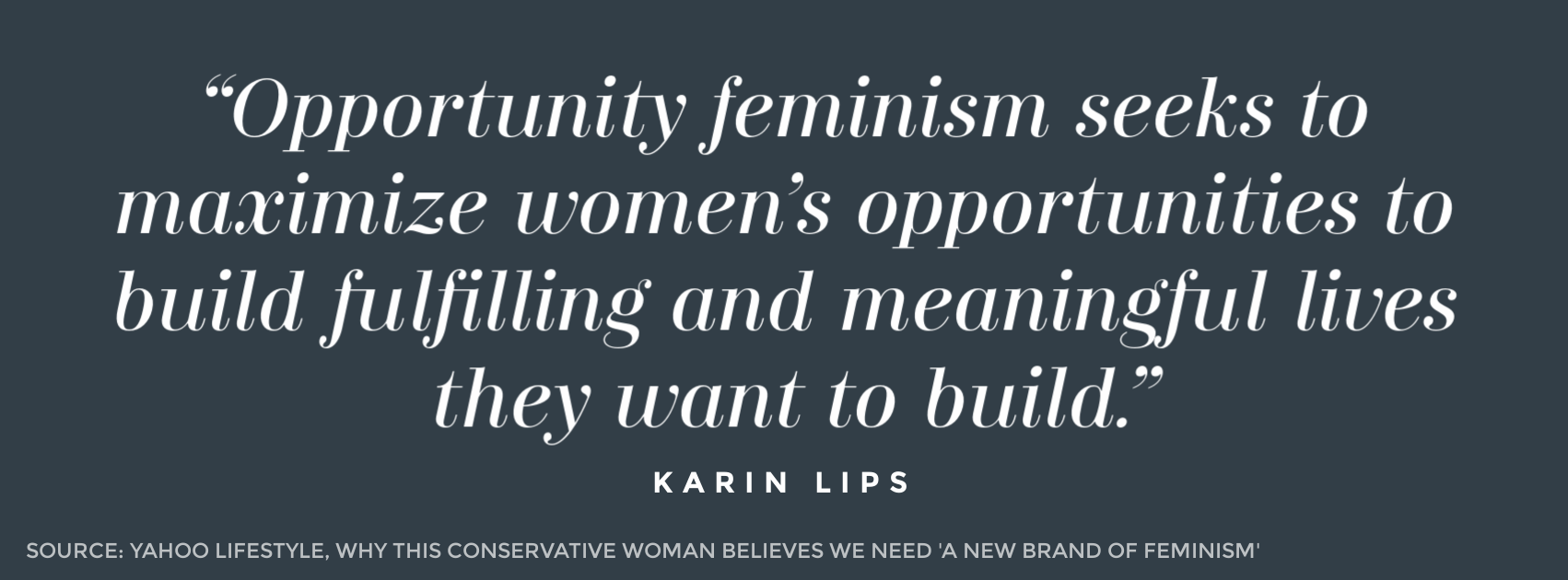University Of Virginia Faculty Shouldn’t Silence Thomas Jefferson
This article originally appeared in Forbes.
There are many instances of the silencing of speech and an instinct to censor at American universities.
One bright spot is that the President of the University of Virginia has stood up to faculty who demanded that she stop quoting the Founder of the University of Virginia, Thomas Jefferson.
After Republican Donald Trump won the presidential election, University of Virginia President Teresa A. Sullivan sent out an email to calm the University community.
This was no pro-Trump email. Sullivan acknowledged students might be feeling “anxious about what the future holds.” She diplomatically reminded the University community that our government includes a system of checks and balances and that our country has made it for more than two centuries.
She encouraged students to “use your imagination to conceive and create the world that you and your generation want for yourselves.”
Yet, she made one big mistake in the eyes of some faculty members by quoting Jefferson. She wrote in her email,
By coincidence, on this exact day 191 years ago—November 9, 1825, in the first year of classes at UVA—Thomas Jefferson wrote to a friend that University of Virginia students “are not of ordinary significance only: they are exactly the persons who are to succeed to the government of our country, and to rule its future enmities, its friendships and fortunes.” I encourage today’s UVA students to embrace that responsibility.
To many UVA faculty, the mere act of quoting Jefferson was offensive.
A member of the UVA faculty drafted a letter, which was signed by 469 faculty and students, calling on Sullivan to stop quoting Jefferson,
In the spirit of inclusivity, we would like for our administration to understand that although some members of this community may have come to this university because of Thomas Jefferson’s legacy, others of us came here in spite of it.
The letter drafted by Assistant Psychology Professor Noelle Hurd continued,
For many of us, the inclusion of Jefferson quotes undermines the messages of unity, equality, civility, and inclusivity that you are attempting to convey.
Politics Professor Lawrie Balfour said,
Again and again, I have found that at moments when the community needs reassurance and Jefferson appears, it undoes I think the really important work that administrators and others are trying to do.
Sullivan didn’t back down or apologize for quoting Jefferson.
I earned two degrees from UVA. In our world of identity politics, I would be considered one of the excluded. After all, I am a woman and it wasn’t until 1969 that the Board of Visitors at UVA voted to lift restrictions on admitting women.
My seven years spent at UVA for college and law school were enriched because of Jefferson’s presence at the University—I learned from his successes, failures, rights and wrongs. They were discussed openly and in great detail.
I spoke on a panel at the UVA Law School on the future of feminism earlier this week. I mentioned to a student beforehand that I planned to include a Jefferson quote. I was cautioned that this might elicit a negative reaction.
The students handled it just fine.
But that this is even an issue demonstrates a change in the environment from when I was a student there a decade ago. There is much more of an instinct to find offense and then demand a silencing of speech.
It truly seems absurd that the faculty of Jefferson’s University would want to erase Jefferson from his own university. But that is where we are today.
Jefferson once wrote,
This institution [University of Virginia] will be based on the illimitable freedom of the human mind. For here we are not afraid to follow truth wherever it may lead, nor to tolerate any error so long as reason is left free to combat it.
Let’s not limit the intellectual environment at UVA. University faculty could host discussions on what Jefferson did right and wrong. But the UVA faculty shouldn’t demand that all of his words be censored from UVA.



